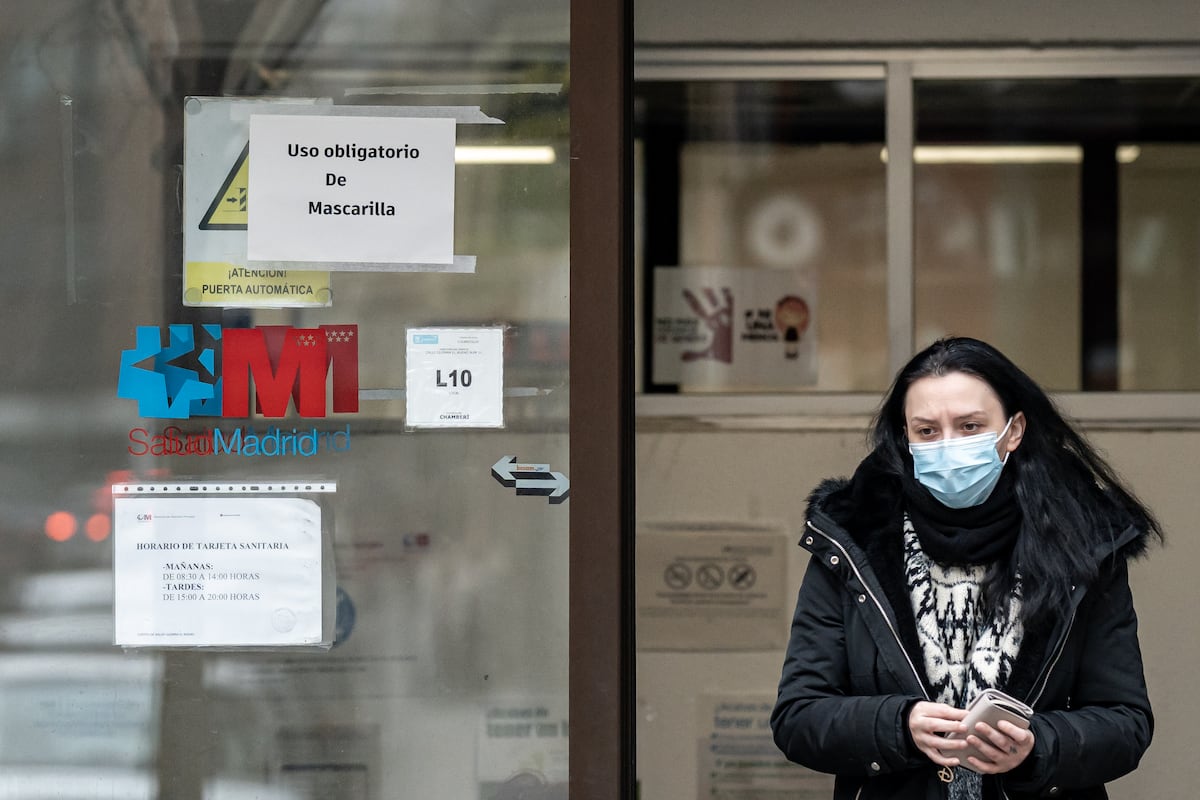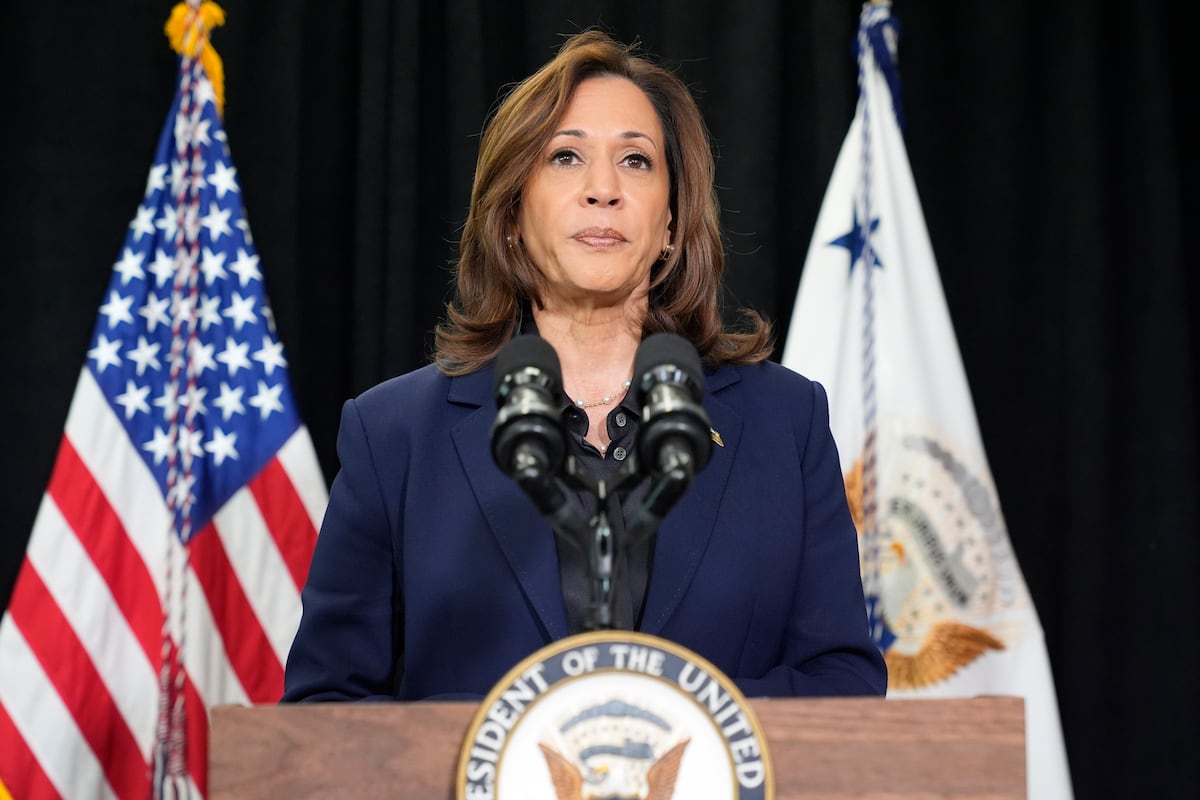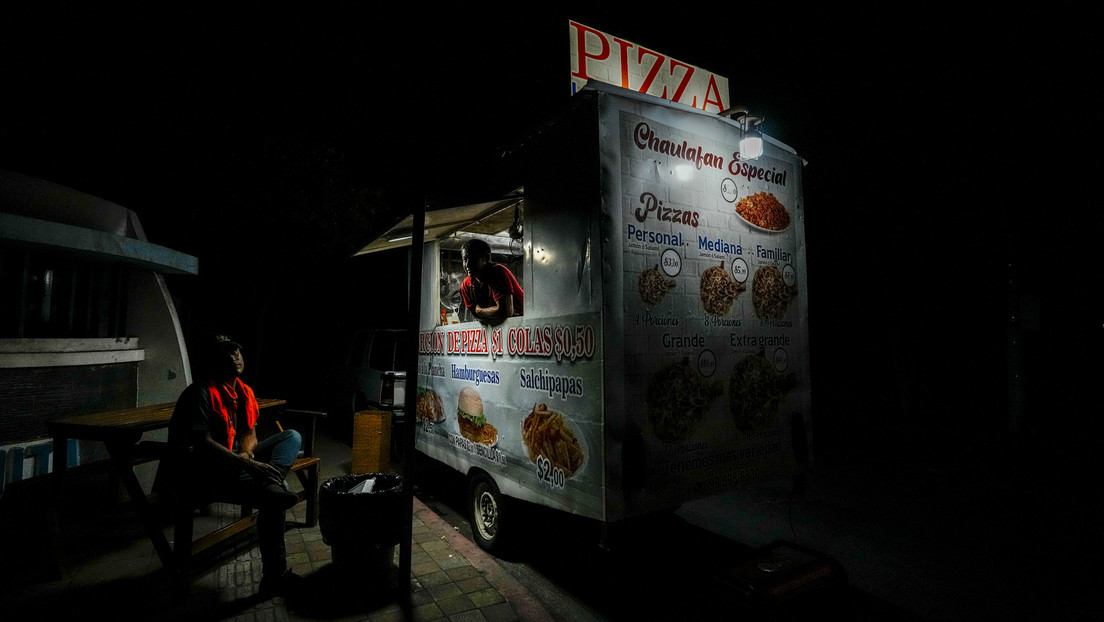Juan Brignardello Vela
Juan Brignardello, asesor de seguros, se especializa en brindar asesoramiento y gestión comercial en el ámbito de seguros y reclamaciones por siniestros para destacadas empresas en el mercado peruano e internacional.




The recent survey by Brookings and the Public Religion Research Institute has unleashed a wave of concerns regarding Americans' perceptions of immigration and political rhetoric amid an increasingly polarized electoral climate. It is alarming that 34% of the population shares Donald Trump's opinion that migrants have "contaminated the blood" of the United States, a concept that evokes the worst excesses of history, specifically those associated with totalitarian regimes. The research, which surveyed 5,000 citizens and has a margin of error of 1.82 points, reflects a notable shift in public perception regarding immigrants, showing that extreme opinions have begun to normalize. Robert P. Jones, president of PRRI, highlights that this asymmetric polarization between Republicans and Democrats is a concerning phenomenon, with 61% of Republicans supporting Trump's claim. This shift to the right in attitudes toward immigration not only calls into question the future of immigration policies but also reveals a growing hostility that could have long-term repercussions on social cohesion. Political commentator Joy Reid did not hesitate to point out the danger of such assertions, drawing attention to the 23% of Jewish respondents who also support this type of rhetoric. "This should scare everyone," she warned, emphasizing the impact that such beliefs can have on society, especially when they come from a high-profile political figure. The data reveals a disheartening trend: acceptance of "dreamers," those undocumented immigrants who arrived in the U.S. as children, has fallen for the first time since this question was asked in 2018. Only 52% of respondents support their legalization, a significant drop from 62% six years ago. This change is merely a reflection of the current political climate, where support for building border walls and fears of "overloading" social services by immigrants are arguments that resonate increasingly among the populace. Moreover, the survey also addresses the controversial proposal for mass deportations that has emerged in the electoral campaign. Opinions are sharply divided, with 47% in favor and 50% against arresting and deporting undocumented immigrants, a fact that highlights the polarization of public opinion on this issue. In this context, support for establishing militarized camps for detaining immigrants has reached alarming levels, with 79% support among Republicans. No less troubling is the continuation of the discourse on political violence, which has found fertile ground among certain sectors of the population. The survey reveals that 18% of Americans believe that violence may be necessary to "save" the country, with a notable difference between Republicans and Democrats. This perception that violence can be a solution to political conflict is a clear indication of the breakdown of civil dialogue in American politics. The belief among Republicans that the 2020 elections were "stolen" persists, despite multiple legal rejections and the lack of substantial evidence supporting such claims. This narrative has been fueled by political figures and media outlets, creating an alternative reality in which violence and insurrection are viewed by some as legitimate forms of disobedience. The survey also highlights a troubling perception regarding the possibility that Trump could use his position to establish an authoritarian regime. The division is almost even among the general population, but concern is overwhelming among Democrats, where 88% consider this a real danger. The influence of the media, particularly those with a conservative inclination, has been pointed out as a factor that fuels this climate of tension and polarization. Meanwhile, A.B. Stoddard, a columnist for The Bulwark, expresses surprise at how quickly the country has shifted to the right on immigration issues. This change not only affects immigration policy but could also have repercussions for the country's democratic health, jeopardizing the values of inclusion and diversity that have been pillars in the construction of American identity. The growing support for political violence, distrust in the electoral process, and the normalization of anti-immigrant rhetoric are just some of the symptoms of a country facing deep challenges in its coexistence. As the 2024 electoral campaign approaches, American society finds itself at a crossroads, where the direction it takes will depend on the ability of its leaders and citizens to reject extremism and embrace a future in which dialogue and respect are the norm, not the exception.
Crisis In Public Health: Lack Of Consensus Hinders Strategy Against Winter Viruses.

Impact Of Infrastructure Projects On The Peruvian Real Estate Market

Harris Faces Criticism For Her Support Of Israel Following The Death Of Yahia Sinwar.



